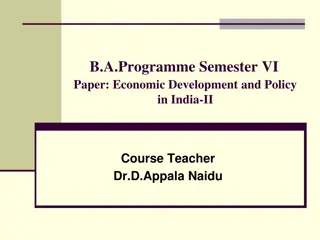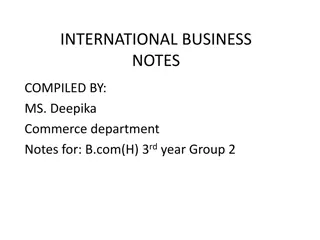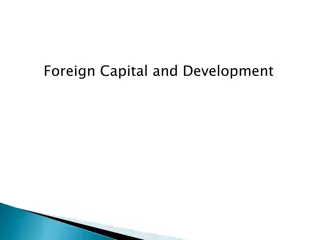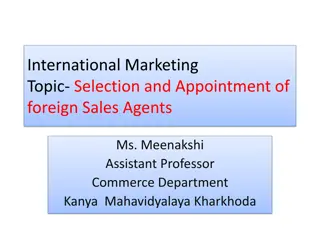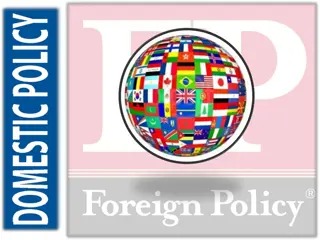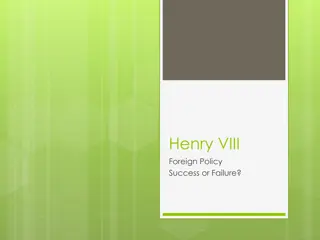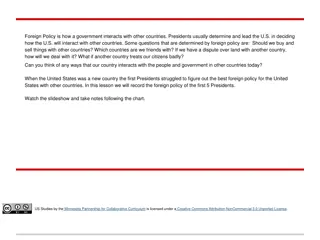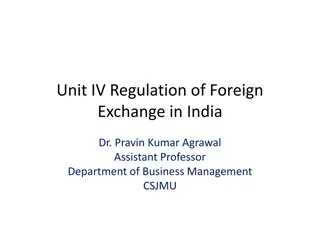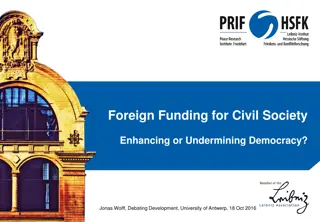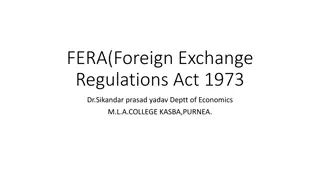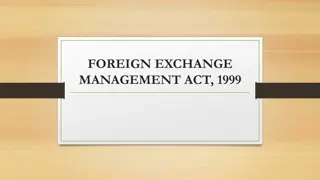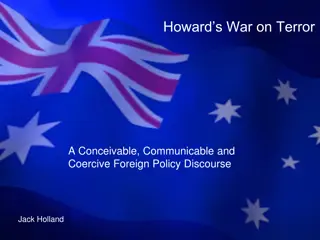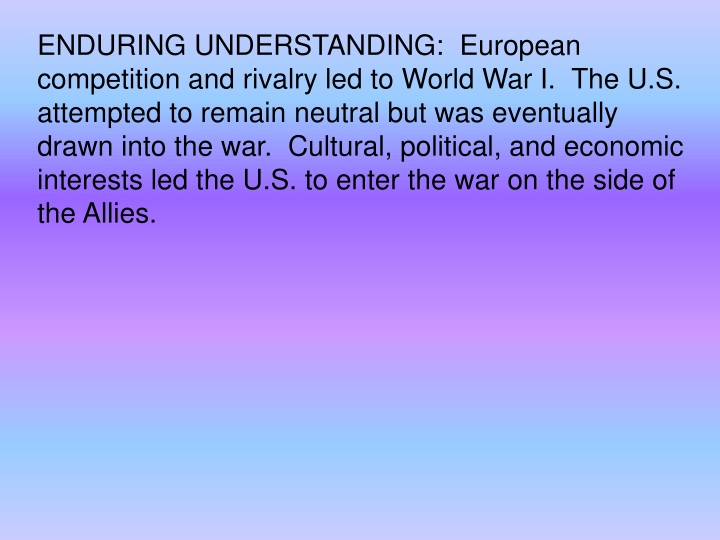
American Foreign Policy in the Early 20th Century: From Neutrality to Global Engagement
Explore the evolution of American foreign policy in the early 20th century, from neutrality in World War I to increased involvement in global affairs. Topics include imperialism, anti-imperialism, foreign involvement in Asia and Latin America, and the approaches of Presidents Roosevelt, Taft, and Wilson. Discover the lessons learned and compare to America's current approach on the world stage.
Download Presentation

Please find below an Image/Link to download the presentation.
The content on the website is provided AS IS for your information and personal use only. It may not be sold, licensed, or shared on other websites without obtaining consent from the author. If you encounter any issues during the download, it is possible that the publisher has removed the file from their server.
You are allowed to download the files provided on this website for personal or commercial use, subject to the condition that they are used lawfully. All files are the property of their respective owners.
The content on the website is provided AS IS for your information and personal use only. It may not be sold, licensed, or shared on other websites without obtaining consent from the author.
E N D
Presentation Transcript
ENDURING UNDERSTANDING: European competition and rivalry led to World War I. The U.S. attempted to remain neutral but was eventually drawn into the war. Cultural, political, and economic interests led the U.S. to enter the war on the side of the Allies.
Imperialism White Man s Burden to help those less fortunate than us. -Rudyard Kipling Anglo-Saxon Mission to spread our civilization. - Josiah Strong Find new markets to increase our wealth. Open Door Policy - John Hay Survival of the Fittest countries of the world. Dog eat Dog Follow the European example. The mark of a strong nation is a strong navy. -Alfred Mahan.
Anti-Imperialism 1. Immoral to rule people against their will. 2. Hypocritical to help people by hurting them. 3. Cost too much money to get and defend. 4. Wrong to force civilization on people. 5. Make more enemies than friends.
Foreign involvement in Asia: Russo Japanese War Japan and Russia were fighting over Korea and Manchuria, China President T. Roosevelt negotiated a peace treaty for two reasons: 1 he wanted Russia and Japan to uphold the Open door Policy 2 he feared that Japan would grow too strong and threaten America in the Pacific
Foreign involvement in Latin America: Roosevelt Corollary America will react to anything in the world, specifically central and South America, that threatens its interests. Big Stick Diplomacy Walk softly, but carry a big stick.
Foreign involvement in Europe: Long Term Causes of World War One:
How would you characterize each of the early 20th Century President s approach towards Foreign Policy? Roosevelt Taft Wilson How would you compare these to America s approach today? What lessons would you say America learned about being a member of the world s stage in the first 15 years of our presence there?
A Bloody Stalemate We must dig in. It is the only way of keeping out of sight and cutting our losses. -Ferdinand Foch Trench Warfare defines World War I.
BACKGROUND: RIGHTS OF NEUTRALS: 1. Travel freely on the seas. 2. Trade with warring nations. ***U.S. sells war materials to BOTH SIDES.***
Reason #1- Death of Americans Event- Sinking of the Lusitania. 1198 people killed 128 Americans Sussex Pledge Germany promises not to sink unarmed merchant ships w/o warning and w/o saving lives.
Reason #2 Threat of attack EVENT- Zimmerman Telegram Germany seeks alliance with Mexico in return for Texas, New Mexico, and Arizona.
Reason #3 Breaking of promises Event- Germany resumes unrestricted submarine warfare.
REASON #4 Good vs. Evil EVENT- Russian Revolution leads to birth of communism and death of Czars.
The world must be made safe for Democracy. -Woodrow Wilson



